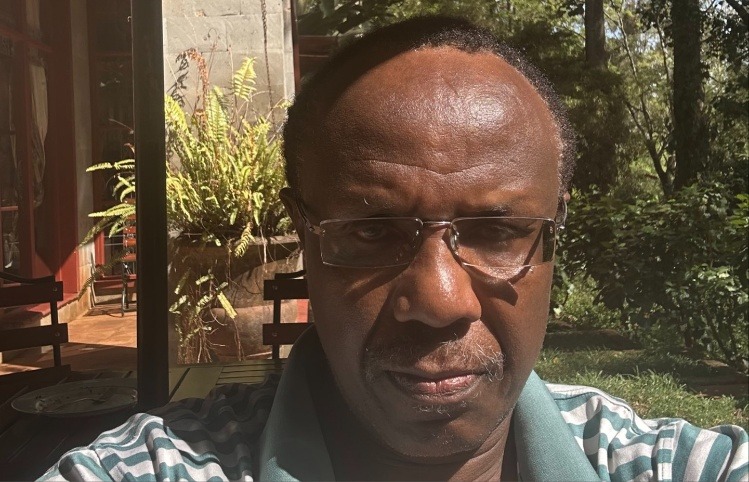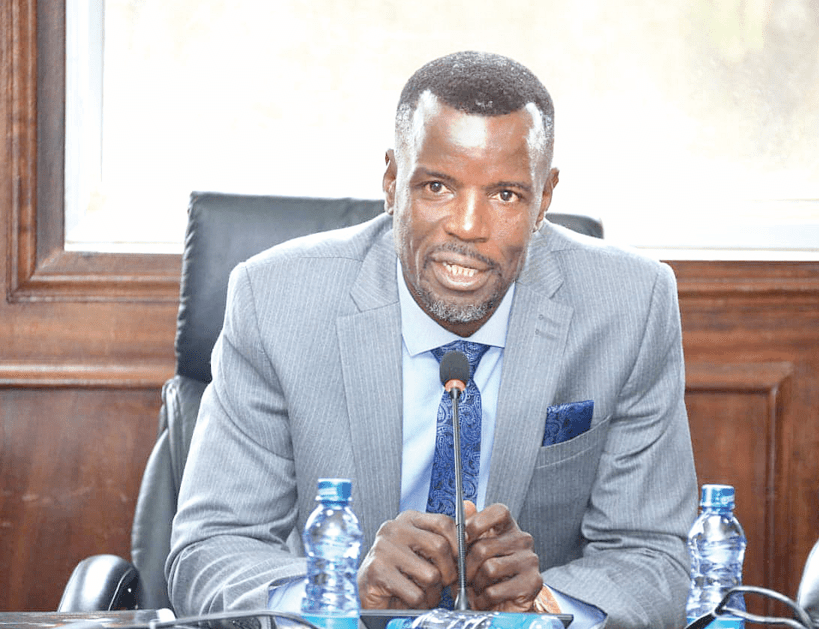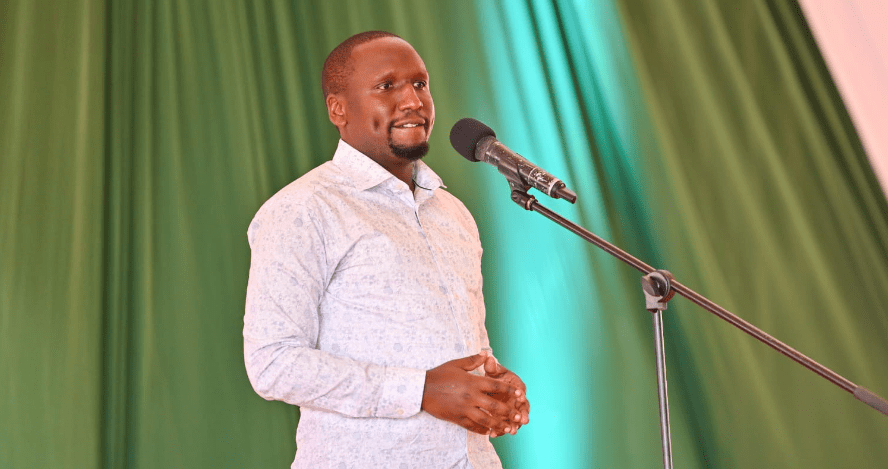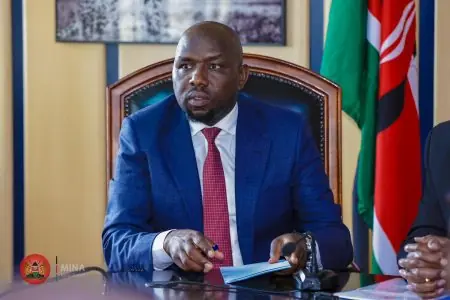David Ndii’s past views on religion emerge after defending State House church project

The chairperson of President William Ruto’s council of economic advisers, David Ndii, on Saturday, July 5, 2025, was compelled to clarify his past stance on religion after defending plans to put up a modern church at State House.
Ndii was brought to task to explain his stance after old statements emerged, revealing his criticism of religiosity, which he described as the quality of being very or too religious.
In his statement, Ndii explained that the plan to build a church at State House is Ruto’s prerogative after an X user pulled up screenshots of his past take on religion.
“It’s Sickening to See You become an Apologist for What You Logically Condemned Look at the BOLD Words You used here David Ndii. Has religiosity now become a mark of winners just because it’s being manifested by Ruto: Your Boss at State House, whom you censured here for the same?” X user, @HezMureithi, told Ndii.
In his response, Ndii said: “There is no contradiction between my dim view of excessive religiosity and defending the right and freedom of others to theirs. If I opposed every foolish thing I disagree with, I’d do nothing else. Gifting State House a church is the President’s prerogative.”

Past statements
In May 2019, Ndii wrote on X, “The public sphere is for public affairs. Religion is personal. My/your beliefs and religiosity or lack thereof, is not a common interest. There are two types of people who wear their religion on their sleeves. Mindless idiots and sanctimonious hypocrisy.”
In February 2021, Ndii further stated, “religiosity is highly correlated with poverty and inequality. It follows that a just prosperous society is a threat to the religious establishment.”
“I have never waged war on God. I criticise public religiosity. My view is religion should be private,” Ndii said in July 2021.
And in October 2020, Ndii sensationally claimed that ‘Religion is, inter alia, a psychological resource for coping with stress and trauma. It shouldn’t surprise then that religiosity is correlated with inequality and injustice, e.g. US has highest religiosity in rich countries and Scandinavia, Japan the lowest.’

Defending State House church
Despite his controversial take on religion, Ndii defended the planned construction of a church at State House, stating that it is a long-standing facility intended for staff and their families, not a reflection of President William Ruto’s religion.
“The church serves the 1,000+ government staff and their families who live in State House. The religion of the president is irrelevant—the staff will remain predominantly Christian, whatever the religion of future presidents,” Ndii posted on X.
This is after Ruto confirmed plans to fund the construction of the church without using taxpayers money.














